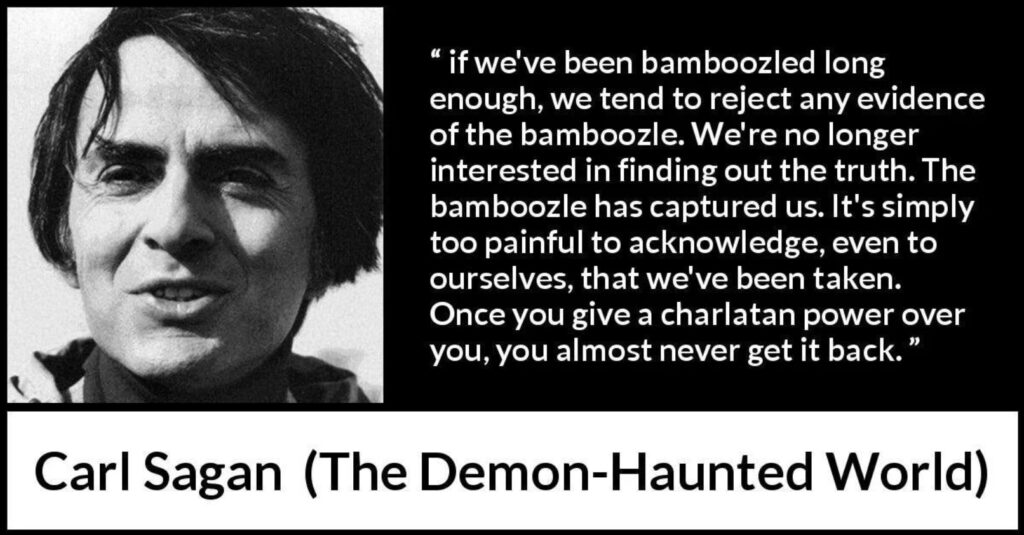FIRE Comments on the Forbidden Words of Stanford University
Excerpt from an Article by FIRE (Foundation for Individual Rights and Expression):
By now, much has been written about the words and phrases Stanford removed from its website for their potential to cause harm. “That was insane!” isn’t palatable, because “This term trivializes the experiences of people living with mental health conditions.” What to do when referring to a whitelisted or blacklisted IP address? Try “allowlist/denylist,” because the former terms “[a]ssign value connotations based on color (white = good and black = bad), an act which is subconsciously racialized.” You get the idea. “American,” “dumb,” and “lame” are out, too . . . .
Last week, after the list became public and backlash mounted, Stanford announced it would conduct a review of the guide. The statement from Chief Information Officer Steve Gallagher clarified the website does not represent Stanford University policy. “It also does not represent mandates or requirements,” Gallagher wrote. The list simply provides “suggested alternatives.” “But, we clearly missed the mark,” Gallagher concedes. “We value the input we have been hearing, from a variety of perspectives, and will be reviewing it thoroughly and making adjustments to the guide.”
While FIRE is, of course, relieved to hear these alternatives are not required, the inherent infantilization of steering adults away from words and phrases like “tone deaf” and “mailman” is troubling. By prematurely wading into conversations and deeming words and phrases offensive on behalf of its adult students, Stanford deprives its community members the chance to build resilience and talk through the issues of the day without having to constantly worry about stepping on rakes.
We think institutions of higher education better serve students by not inserting themselves in language debates that are almost certain to produce a “Streisand effect,” occurring when more attention is brought to forbidden words and phrases in the effort to silence them. FIRE recommends a culture of trust, not coddling....
In 2016, Nick Haslam coined the term “concept creep” to describe the tendency for the semantic range of harm-related concepts to expand over time. In other words, the meaning of concepts such as “trauma,” “bullying,” and “violence” has broadened to include ever milder, subtler phenomena.
[More . . . ]

